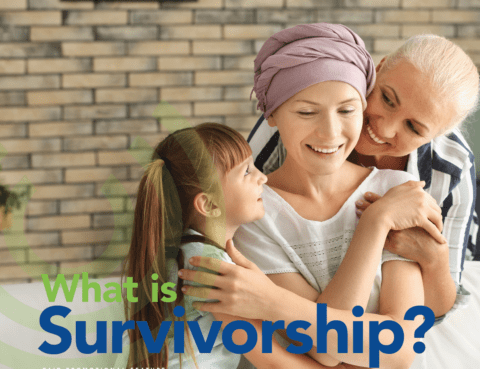
The National Coalition for Cancer Survivorship says you are a cancer survivor from your day of diagnosis through the rest of your life.
Not everyone identifies personally with the term “survivor,” but the concept of survivorship is far-ranging and inclusive.
View More
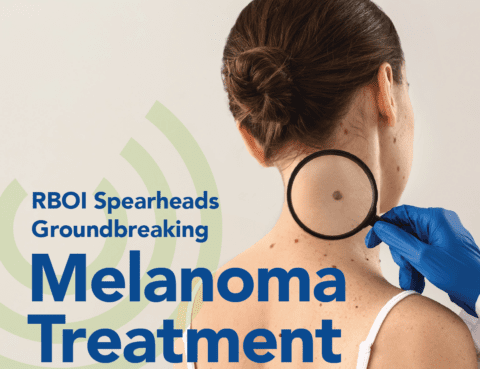
More than 59,000 people worldwide die each year from metastatic malignant melanoma. For almost half a century, this aggressive disease has been resistant to radiation.
View More
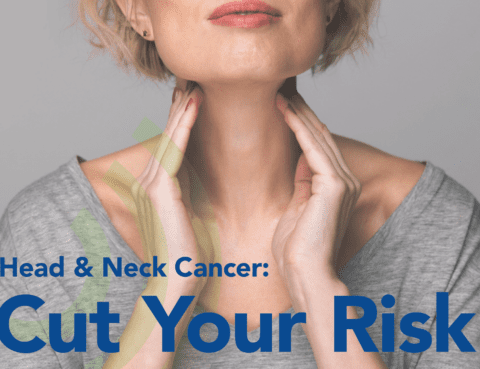
Smoking (including secondhand smoke and smokeless tobacco, sometimes called “chewing tobacco” or “snuff”) is the number one risk factor
for getting head and neck cancer. And people who use both tobacco and alcohol are many times more likely to get head and neck cancer than people with neither
habit. Research has also shown that continued smoking by a patient with head and neck cancer may reduce the
effectiveness of treatment and increase the chance of a second primary cancer.
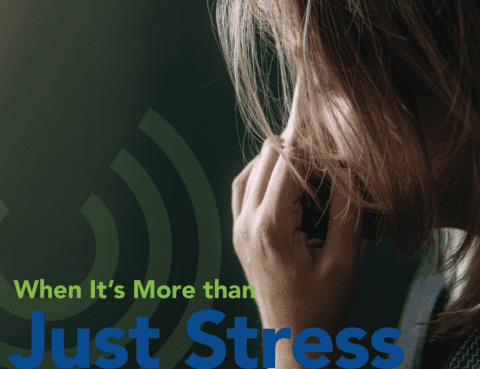
We often associate post-traumatic stress disorder (PTSD) with wars, natural disasters, and other life-threatening events. But posttraumatic
stress (PTS), a less severe form, can occur at any time during or after cancer treatment, from diagnosis onward, and it can also strike parents of
childhood cancer survivors.
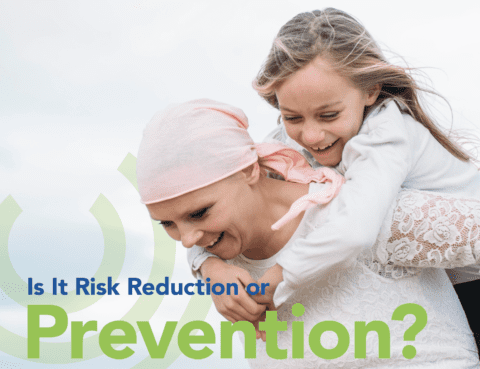
Merriam-Webster defines “prevent” as “to keep from happening or existing,” which is why the
American Association for Cancer Research (AACR) refers to “preventable causes” of cancer. In
other words, we may be unable to prevent cancer, but we can lessen our risk. These “preventable causes” are
responsible for “more than 40 percent of all cancers diagnosed and nearly half of all deaths from cancer in
the United States,” according to AACR.

